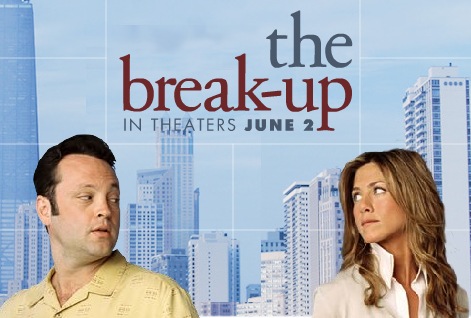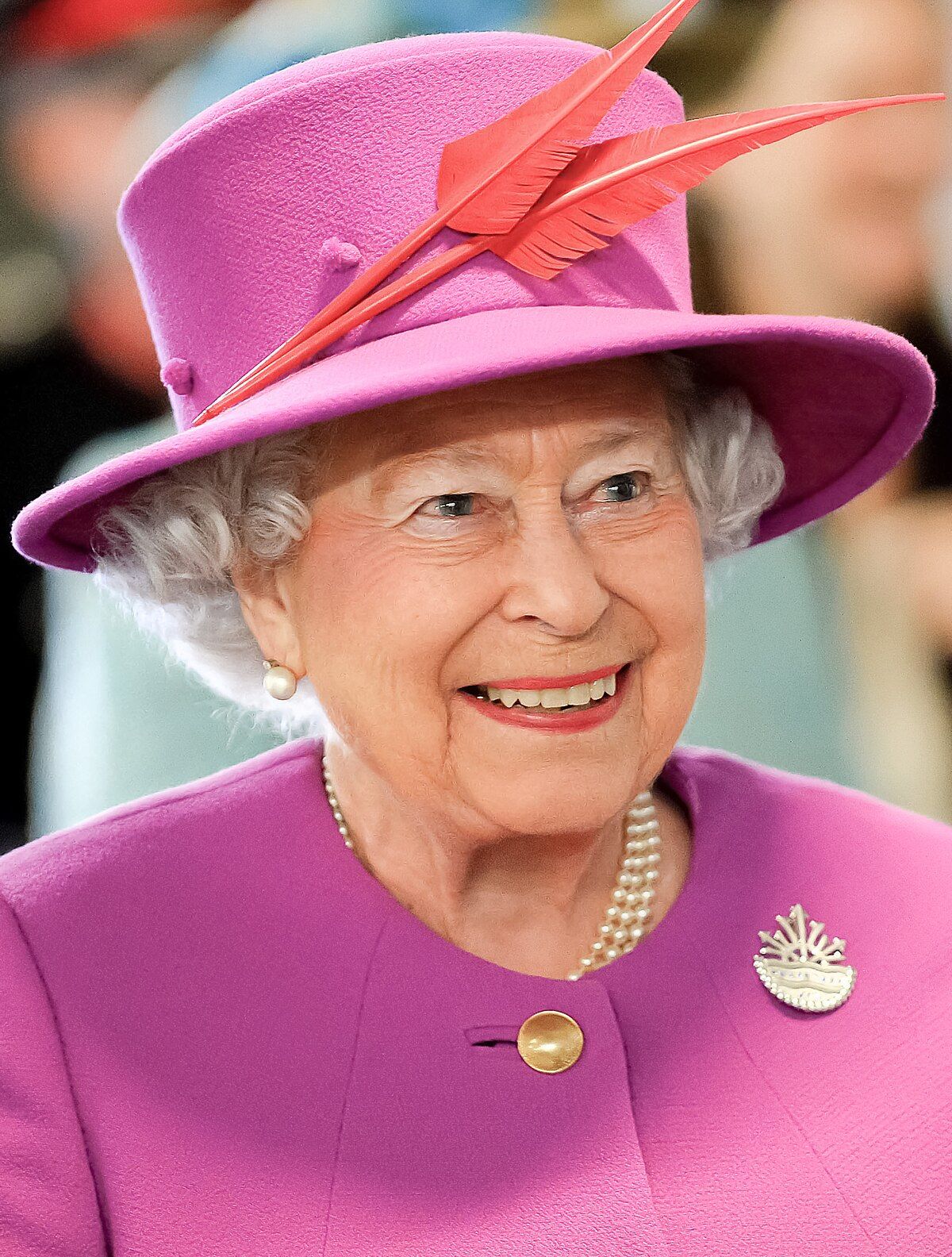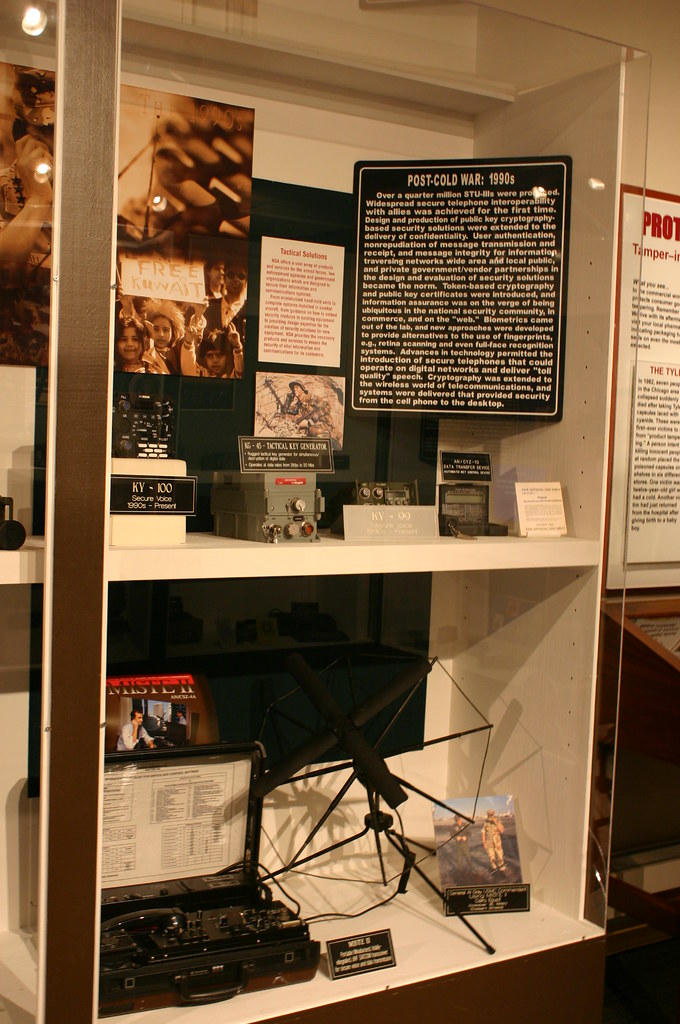
Alright, buckle up, ’90s kids (and everyone else who lived through that wild ride)! If you thought the decade of grunge, dial-up internet, and frosted tips was just about pop culture, think again. While we were all busy perfecting our Tamagotchi skills and downloading questionable MP3s, the world stage was ablaze with some truly epic, real-life drama, starring a cast of characters who would define an era. Forget Hollywood blockbusters; the ’90s delivered political thrillers, humanitarian crises, and seismic shifts that reshaped nations.
This wasn’t just a decade; it was a global spectacle, a period culturally imagined from the Revolutions of 1989 right up until the September 11 attacks in 2001. It was the post-Cold War decade, where the old rules crumbled, and new superpowers emerged, creating both unprecedented peace and prosperity for many Western countries, but also fierce new conflicts and challenges across the globe. We saw the World Wide Web gain massive popularity, environmentalism becoming a topic of debate, and a realignment of economic and political power through neoliberalism and globalization. But at the heart of it all were the individuals making the headlines, shaping destinies, and, let’s be honest, often causing a stir.
So, prepare for a blast from the past as we journey through the lives of the first five of our ultimate Dukes of Drama – the male leads who dominated the silver screen of global politics. These weren’t just politicians; they were figures whose actions reverberated worldwide, leaving indelible marks on history. From triumphant liberations to tense standoffs, their stories are as captivating as any fictional plot. Let’s dive in and remember the extraordinary men who steered the ship through the turbulent Nineties.
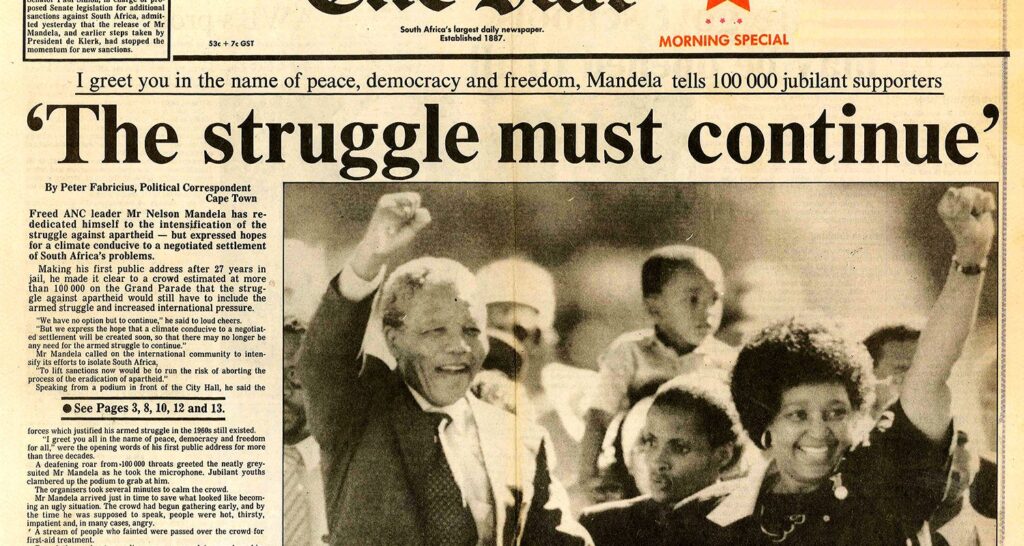
1. **Nelson Mandela: The Architect of South African Freedom**
Imagine spending three decades behind bars, only to emerge as the beacon of hope for an entire nation – and indeed, the world. That was the incredible trajectory of Nelson Mandela, whose release from prison on February 11, 1990, after thirty years of imprisonment for opposing apartheid and white-minority rule, signaled the dawn of a new era. His struggle against apartheid had been a global cause for decades, but the 1990s finally saw the walls come tumbling down, both literally and figuratively, around the oppressive system that had gripped South Africa.
Mandela’s release wasn’t just a moment; it was a movement. It galvanized the final push against apartheid, which ultimately ended in South Africa in 1994. This momentous occasion wasn’t merely a legislative change; it was a profound societal transformation, signaling the official end of a long and painful chapter of racial segregation and injustice. The world watched, captivated, as a nation moved from division to the promise of unity, largely thanks to Mandela’s unwavering commitment to reconciliation and justice.
And then, the impossible happened, a true cinematic triumph in real life: Nelson Mandela was elected President of South Africa in 1994. This wasn’t just any election; it was the first democratically elected presidency in South African history. His victory ended a long legacy of apartheid white rule in the country, symbolizing not just a political shift, but a profound cultural and moral victory for humanity. Mandela’s leadership transcended politics, offering a masterclass in forgiveness and rebuilding, making him arguably the decade’s most revered male lead on the world stage.

2. **Bill Clinton: The Commander-in-Chief on a Global Mission**
Ah, Bill Clinton – a name synonymous with the 1990s in American politics and, undeniably, a dominant political figure on the international scene. As the United States President for much of the decade, Clinton was a whirlwind of activity, constantly engaging in global affairs, shaping foreign policy, and navigating a post-Cold War world where the US had emerged as the sole superpower. His presidency was marked by a relentless pursuit of diplomatic solutions and economic strategies that aimed to cement America’s place at the forefront of a rapidly globalizing world.
Clinton was known primarily for his ambitious attempts to negotiate peace in the Middle East, an endeavor that brought Israeli and Palestinian leaders to the negotiating table, as we’ll explore further. He also dedicated significant effort to ending the ongoing wars occurring in the former Yugoslavia, a region wracked by ethnic conflict and humanitarian crises. Beyond conflict resolution, Clinton was a vocal proponent of international action to decrease human-created climate change, showcasing an early recognition of environmental challenges that would only grow in prominence. His endorsement of advancing free trade in the Americas, leading to the establishment of agreements like NAFTA, further underscored his commitment to a globally interconnected economy.
Yet, even with these monumental international efforts, Clinton’s presidency was also etched into the annals of history by domestic drama – specifically, the Clinton–Lewinsky scandal. This media-frenzied affair, first announced in January 1998, led to a severe political deadlock, culminating in the United States House of Representatives impeaching him on December 19, 1998, for perjury under oath. Following an investigation by federal prosecutor Kenneth Starr, the Senate acquitted Clinton of all charges on February 12, 1999. Despite the impeachment attempt, he continued to serve as president until the end of his term in January 2001, demonstrating remarkable political resilience and completing his second term as a central figure of the 90s narrative.
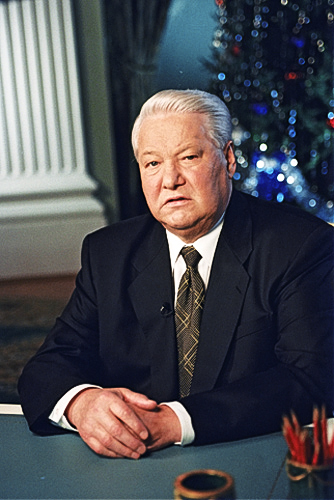
3. **Boris Yeltsin: The Revolutionary in Russia’s Wild West**
Talk about a dramatic entrance and exit! Boris Yeltsin was the quintessential figure of Russia’s tumultuous 1990s, steering the ship as the Soviet Union dramatically collapsed and Russia embarked on a chaotic, yet ultimately transformative, path. His story is one of defiance, revolution, and the immense challenges of rebuilding a nation from the ground up. He wasn’t just a political leader; he was a symbol of the end of an old world and the uncertain birth of a new one, operating in an environment of unprecedented political and economic upheaval.
Initially the chairman of the Supreme Soviet of Russia, Yeltsin made a bold move, resigning from the Communist Party and positioning himself as the leading opposition figure against Mikhail Gorbachev. His defiance played a crucial role during a coup attempt by communist hardliners who sought to revert the effects of Gorbachev’s reforms. Yeltsin’s counter-revolution was victorious, cementing his image as a champion of reform and individual liberty. The Communist Party, once the unchallenged governing force, lost its status and was subsequently banned, marking a monumental shift in Russia’s political landscape.
On December 25, 1991, with Gorbachev’s resignation, the Soviet Union formally dissolved, and Yeltsin stepped into the spotlight as president of its successor, the Russian Federation. His tenure, however, was far from smooth sailing. He presided over a period characterized by intense political unrest, a severe economic crisis as the country transitioned to a market economy, and widespread social anarchy. Despite these immense challenges, he held the reins until December 31, 1999, when he resigned, leaving Vladimir Putin as acting president – a move that set the stage for another significant chapter in global politics. Yeltsin’s dramatic journey captured the essence of the Nineties’ geopolitical restructuring.
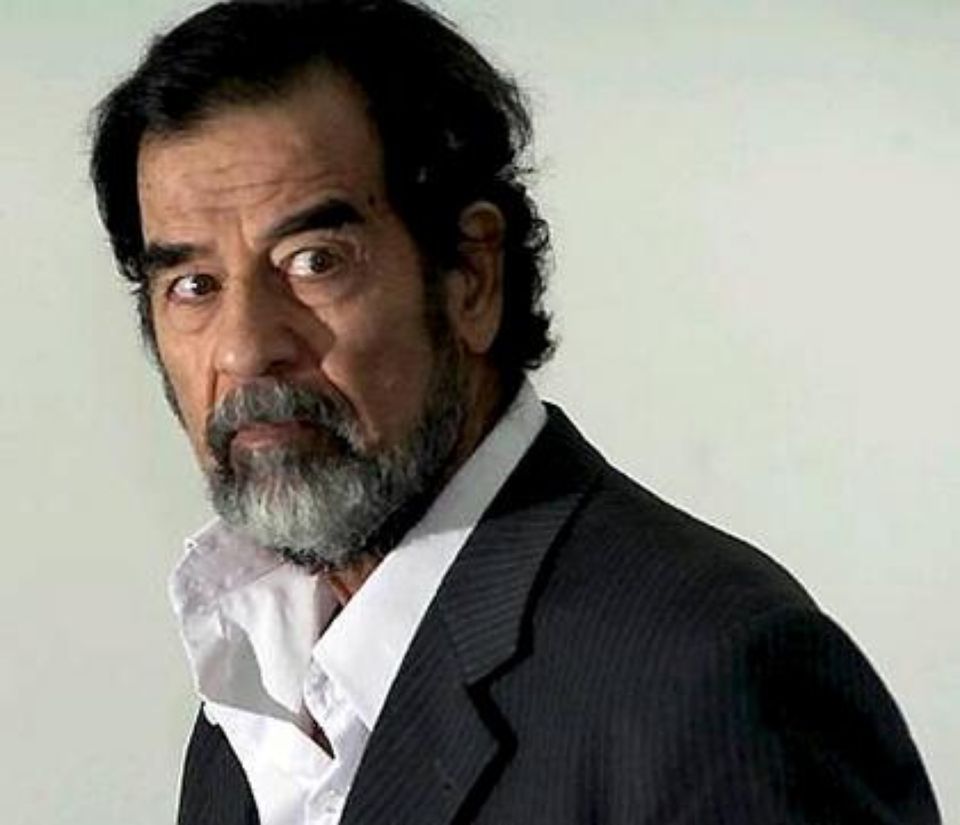
4. **Saddam Hussein: The Regional Provocateur**
Few figures commanded global attention with such a mix of fear and defiance as Saddam Hussein in the 1990s. As the President of Iraq, his actions plunged the Middle East into one of the decade’s most significant conflicts, reshaping international relations and setting precedents for global intervention. The stage was set by the severe debt Iraq incurred after the devastating Iran–Iraq War in the 1980s, a financial burden that undoubtedly fueled his aggressive foreign policy decisions and his contentious relationship with neighboring Kuwait.
Hussein accused Kuwait of flooding the oil market, a move he claimed was deliberately driving down prices and harming Iraq’s already fragile economy. This accusation became the pretext for a stunning act of aggression: on August 2, 1990, Iraqi forces invaded and conquered Kuwait. This brazen act ignited what became known as the Gulf War. The international community’s response was swift and unequivocal; the United Nations immediately condemned the action, recognizing the grave threat it posed to regional stability and international law. A formidable coalition force, led by the United States, was swiftly dispatched to the Persian Gulf, signaling the world’s resolve to reverse the invasion.
The conflict escalated rapidly. Aerial bombing of Iraq commenced in January 1991, unleashing a powerful military response designed to dislodge Iraqi forces from Kuwait. In a mere four days, one month after the bombing began, the UN forces successfully drove the Iraqi army from Kuwait. This decisive victory, while ending the immediate conflict, left a lasting legacy of international tension and ongoing challenges in the region, with Saddam Hussein remaining a controversial and defiant figure on the global stage throughout the rest of the decade, a true duke of Mideast drama.
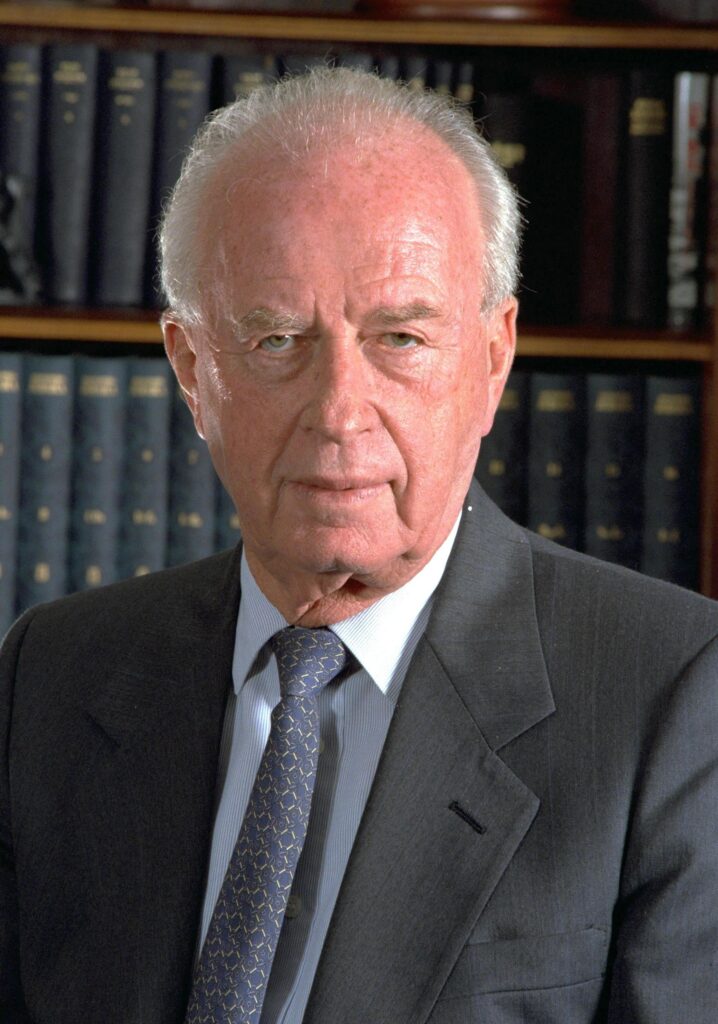
5. **Yitzhak Rabin: The Tragic Peacemaker**
In a decade fraught with conflict, Yitzhak Rabin emerged as a beacon of hope in one of the world’s most enduring and complex disputes: the Israeli-Palestinian conflict. As the Israeli Prime Minister, Rabin dared to envision a future beyond generations of violence, stepping onto the global stage alongside other key figures to broker a peace that, for a time, seemed within reach. His efforts were a testament to the idea that even the most intractable divisions could be bridged through determined leadership and courageous diplomacy.
Central to his legacy were the Oslo Accords, which culminated in a historic agreement on September 13, 1993, negotiated by none other than United States President Bill Clinton. This groundbreaking moment saw Israeli Prime Minister Yitzhak Rabin and Palestine Liberation Organization (PLO) Chairman Yasser Arafat agreeing to an Israeli–Palestinian peace process. The signing of the Oslo Accords was monumental; it marked the PLO’s recognition of Israel’s right to exist, a seismic shift in the narrative of the conflict, and a testament to the power of negotiation over animosity.
In compliance with the accord, Israel permitted the creation of an autonomous Palestinian National Authority, comprising the Gaza Strip and West Bank, which was implemented in 1994, and Israeli military forces withdrew from these Palestinian territories. This significant step marked the end of the First Intifada, a period of intense violence from 1987 to 1993, and offered a glimpse of a future where coexistence might be possible. Tragically, this pursuit of peace came at the ultimate cost; Yitzhak Rabin was assassinated on November 4, 1995, by a right-wing extremist who fiercely opposed the signing of the Oslo Accords, silencing a voice of peace but forever cementing his place as a pivotal, albeit tragic, lead in the 90s world drama.
Alright, if you thought the first half of our ’90s drama fest was wild, get ready because we’re diving deeper into the political rabbit hole! The decade of frosted tips and Nirvana was also a time when five more absolute legends (for better or worse) took center stage, leaving their unmistakable marks on the global narrative. From groundbreaking peace deals to controversial reigns and unexpected rises, these guys kept us on the edge of our seats, proving that real life often outshines any Hollywood script.
So, grab your virtual popcorn, because our next batch of ’90s male leads are here to remind you just how much went down while you were perfecting your AIM away message. Their stories are interwoven with global tensions, shifts in power, and the enduring quest for influence, peace, or sometimes, just sheer survival. Let’s not waste another second and jump right into the next five titans who absolutely owned the silver screen of international affairs!
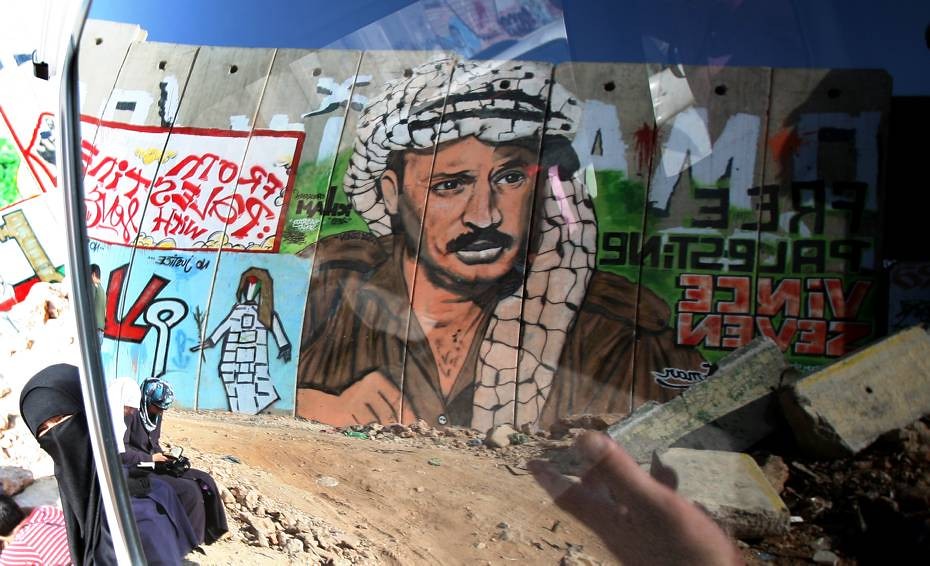
6. **Yasser Arafat: The Architect of Palestinian Recognition**
You can’t talk about ’90s Middle East drama without a massive spotlight on Yasser Arafat, the Chairman of the Palestine Liberation Organization (PLO). He was a figure of immense controversy, a symbol of Palestinian aspirations, and, in this pivotal decade, a central player in some truly historic negotiations. His presence at the negotiating table was a testament to the complex, deeply entrenched nature of the Israeli-Palestinian conflict, and the desperate search for a way forward.
In a move that genuinely shocked the world and set the stage for potential peace, Arafat stood alongside Israeli Prime Minister Yitzhak Rabin and U.S. President Bill Clinton during the signing of the Oslo Accords. This monumental event, on September 13, 1993, marked a groundbreaking agreement on an Israeli-Palestinian peace process. Imagine the tension, the history, and the sheer audacity of this moment as these long-standing adversaries came together for a handshake that reverberated globally.
A cornerstone of the Oslo Accords was the Palestine Liberation Organization’s official recognition of Israel’s right to exist – a seismic shift in the narrative and a radical departure from decades of non-recognition. In return, Israel permitted the creation of an autonomous Palestinian National Authority. This authority, comprising the Gaza Strip and West Bank, was implemented in 1994, granting Palestinian Arab people official autonomy in these territories.
This was a massive deal, signifying a tangible step towards self-governance, even if not full independence from Israel. Israeli military forces began to withdraw from these Palestinian territories in compliance with the accord, effectively marking the end of the First Intifada, a period of intense violence that had gripped the region since 1987. Arafat’s role in this chapter was undeniably critical, transforming the landscape of the Middle East, even as the peace process faced immense challenges and tragic setbacks.

7. **Alberto Fujimori: Peru’s Controversial Strongman**
Switching gears from the Middle East to Latin America, we find Alberto Fujimori, a figure who rose to power in Peru amidst a tempest of internal conflict and a crippling economic crisis. His eleven-year administration, beginning in the ’90s, was a rollercoaster ride of dramatic highs and profoundly troubling lows, leaving behind a legacy that continues to spark fierce debate. He was the kind of leader who promised stability and delivered, but at a very steep cost.
During his controversial reign, Fujimori’s administration was frequently credited with achieving significant economic development, pulling Peru back from the brink of financial disaster and ushering in a period of relative growth. He introduced neoliberal reforms that, for a time, appeared to stabilize the Peruvian economy, earning him initial widespread support from a populace desperate for change and an end to hyperinflation and terrorism.
However, the narrative of his rule quickly darkened, stained by numerous human rights violations that cast a long shadow over his achievements. The chilling La Cantuta massacre and Barrios Altos massacre became grim symbols of the authoritarian tactics employed by his government, raising serious questions about the cost of stability. These incidents revealed a stark disregard for civil liberties and due process, painting a picture of state-sponsored violence.
Compounding these grave concerns was the discovery of a rampant corruption network, meticulously set up by his closest advisor, Vladimiro Montesinos. This elaborate web of illicit activities and abuse of power ultimately led to his downfall and flight from the country, cementing his image as a leader whose economic successes were tragically intertwined with severe abuses of power and moral failures. Fujimori’s story is a classic ’90s drama of ambition, power, and the corrosive effect of unchecked authority.
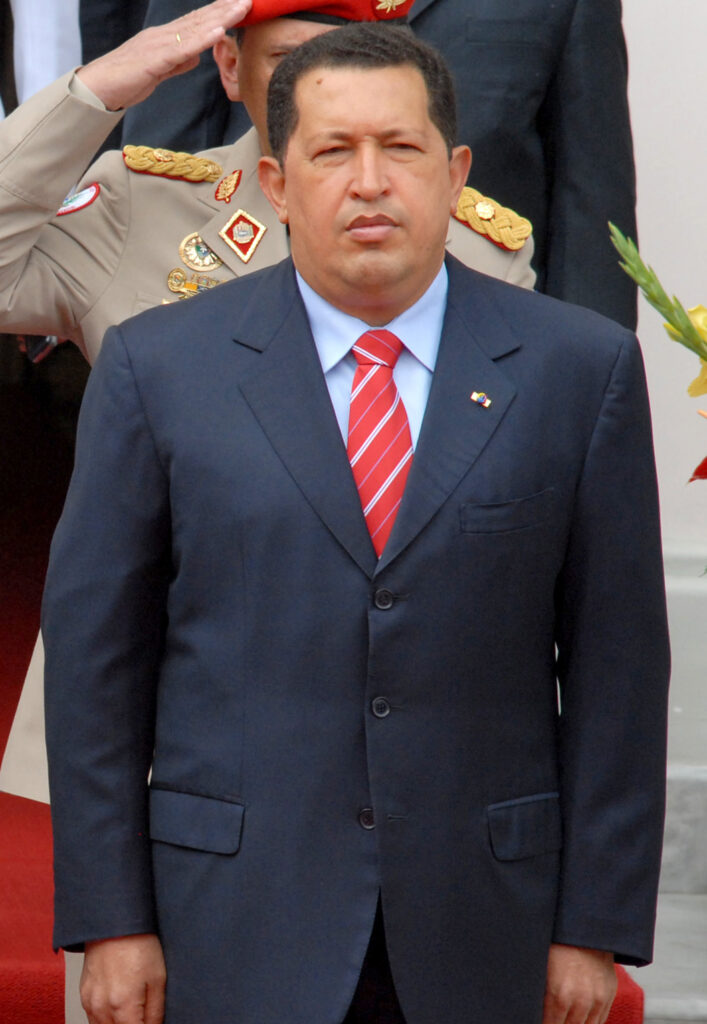
8. **Hugo Chávez: Venezuela’s Unexpected Ascent**
Talk about a comeback story! Before he became the internationally recognized figure of the 2000s, Hugo Chávez made his dramatic entry onto the world stage in the ’90s. Initially, his political career seemed doomed to an early grave after a failed coup attempt in 1992, an event that highlighted his military background and his then-fringe political views. Yet, Chávez proved to be an incredibly resilient and charismatic figure, using his time in prison and subsequent release to galvanize a new political movement.
Far from being sidelined by his earlier failed uprising, Chávez meticulously rebuilt his public image and political platform, tapping into widespread disillusionment with Venezuela’s traditional political elite. He skillfully channeled popular anger over poverty and corruption, positioning himself as a radical alternative and a champion for the working class. His ability to connect with ordinary Venezuelans was undeniable, allowing him to transform a past failure into a future opportunity.
In a truly surprising turn of events, this former military officer and politician, who had once tried to seize power by force, was democratically elected President of Venezuela in 1998. This wasn’t just another election; it was a watershed moment that dramatically altered the political trajectory of Venezuela and, in time, the broader Latin American landscape. His victory signaled a profound shift in the nation’s political landscape, away from established parties and towards a more populist, socialist-leaning future.
Chávez’s rise marked the beginning of what would become known as the Bolivarian Revolution, a period of sweeping social and economic reforms that would define Venezuelan politics for decades. His election was a clear indicator of the anti-establishment sentiment brewing across parts of Latin America, making him one of the ’90s’ most significant, if not fully realized, political disruptors by the close of the decade.
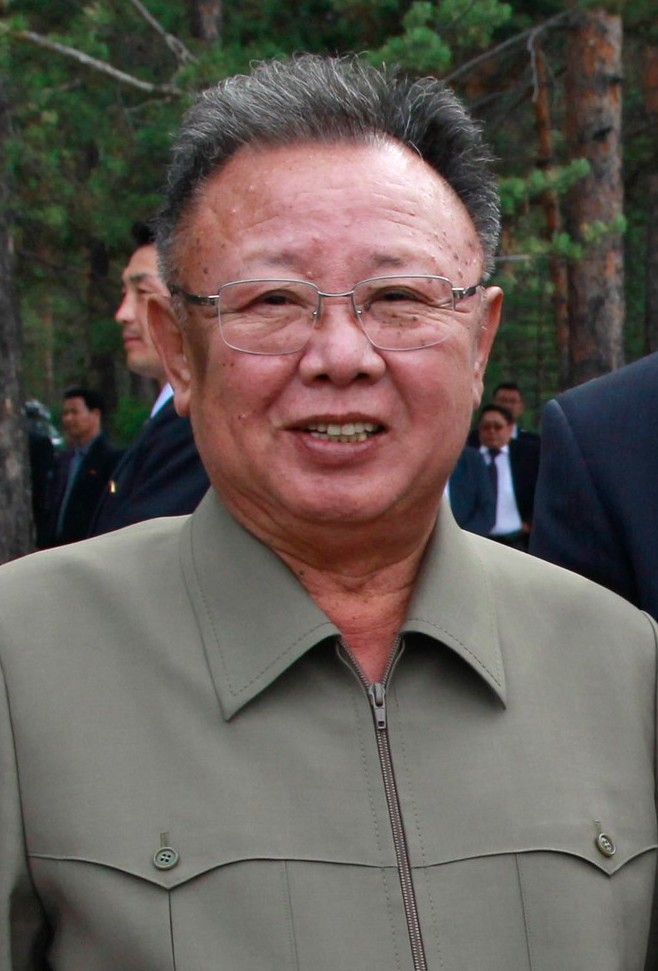
9. **Kim Jong Il: North Korea’s Inherited Burden and Global Concern**
When North Korean leader Kim Il Sung, the “Eternal President,” passed away in July 1994, the eyes of the world turned to his son, Kim Jong Il. He inherited not just the mantle of leadership but also a nation teetering on the brink of complete economic collapse, a situation that would define his early years in power and turn North Korea into a major global concern throughout the rest of the ’90s. This was a leadership transition unlike any other, shrouded in secrecy and fraught with immense peril.
The late 1990s in North Korea were tragically marked by a severe famine that caused an unimaginable number of deaths, devastating the population and exacerbating the nation’s isolation. With the economy in tatters and its people suffering, Kim Jong Il’s regime faced an existential crisis. This dire internal situation pushed the Hermit Kingdom into desperate measures, with profound implications for international security and relations.
Under his leadership during this turbulent period, North Korea gained an unsettling reputation for being an important hub of money laundering, extensive counterfeiting operations, and, most alarmingly, weapons proliferation. These illicit activities were not just criminal enterprises; they were a means for the beleaguered state to generate revenue and support its military ambitions, further deepening the country’s pariah status on the world stage.
Perhaps the most significant and enduring challenge Kim Jong Il presented to the international community was his nation’s increasingly brazen ability to produce and sell nuclear weapons. This terrifying prospect became a prominent and urgent concern, turning North Korea into a perennial flashpoint for global security discussions and setting the stage for decades of nuclear brinkmanship that continue to this day. His ’90s ascendancy was truly the beginning of a geopolitical nightmare.
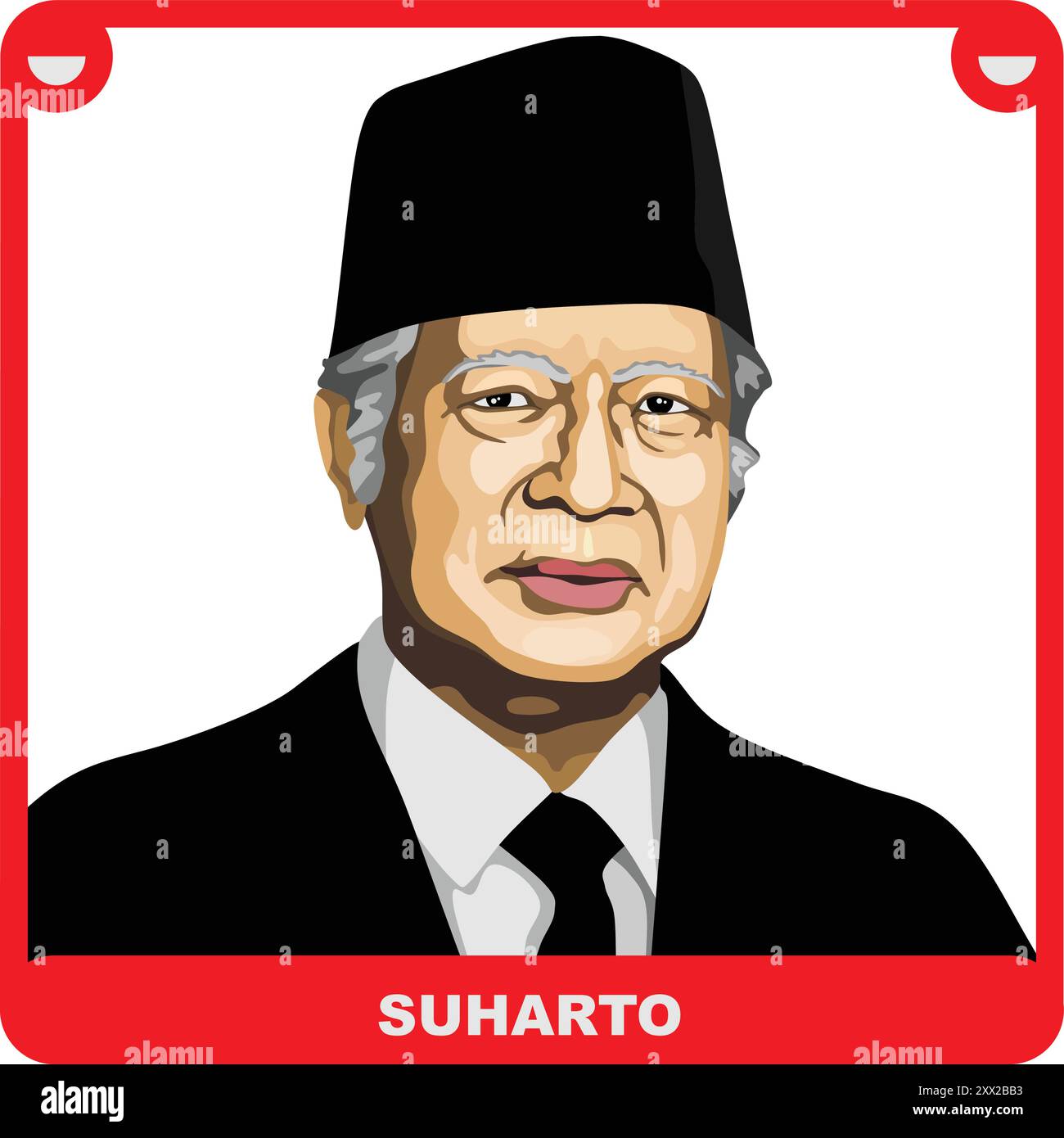
10. **Suharto: The Fall of a Southeast Asian Titan**
For 32 long years, from 1966 to 1998, Indonesia was defined by the iron fist of President Suharto. He was a dominant figure in Southeast Asian politics, ruling with an authoritarian grip that brought a certain degree of stability and economic growth to the sprawling archipelago, but also suppressed dissent and civil liberties. His reign spanned decades, making him one of the longest-serving non-royal heads of state in modern history, a true titan whose fall would shake the region.
However, even the most entrenched leaders can’t withstand the tide of public discontent forever. The late 1990s brought economic turmoil and widespread social unrest to Indonesia, culminating in a series of violent riots across several cities. These popular uprisings, fueled by economic hardship and frustration with decades of authoritarian rule, proved to be the final straw for Suharto’s regime, exposing the fragility beneath the surface of his powerful image.
Faced with an untenable situation and a nation on the brink of chaos, Suharto finally resigned in May 1998, bringing an end to his decades-long rule. This monumental event wasn’t just a change in leadership; it “marked the beginning of the Reform era” for Indonesia, ushering in a period of significant political and social liberalization. It was a dramatic, definitive closing chapter to one of the 20th century’s most enduring political sagas.
The reverberations of Suharto’s fall were felt immediately, most notably in East Timor. Just a year after his resignation, in 1999, East Timor broke away from Indonesian occupation, a move that ended a brutal 24-year guerrilla war and a tragic genocide that claimed more than 200,000 casualties. Suharto’s departure not only transformed Indonesia but also freed a nation, forever linking him to this pivotal moment in the region’s quest for self-determination.
And there you have it, folks! Our wild ride through the ’90s, where political theater was as compelling and unpredictable as any sitcom or grunge anthem. From peacemakers to strongmen, from architects of freedom to inheritors of crisis, these ten male leads weren’t just making headlines; they were actively sculpting the geopolitical landscape, laying the groundwork for the 21st century. Their stories are a vivid reminder that the ’90s were far more than just a throwback fashion trend; they were a decade of monumental drama, played out on the grandest stage of all. What a time to be alive, right? Or, at least, to be watching history unfold!


